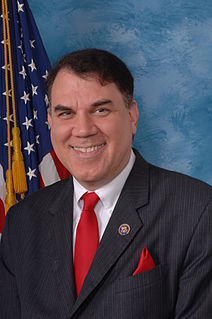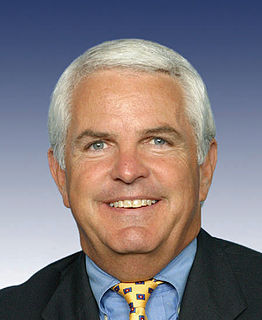A Quote by Jo Ann Emerson
Already, China has undermined U.S. foreign policy in efforts to gain access to oil resources in Iran and Sudan. We simply cannot separate the political and economic values of oil.
Related Quotes
There's a huge misconception that it's all about the oil, and the truth is there's actually not much oil left in Abyei. The misperception arose because when the peace agreement was signed in 2005, Abyei accounted for a quarter of Sudan's oil production. Since then, the Permanent Court of Arbitration in The Hague defined major oil fields to lie outside Abyei. They're in the north now, not even up for grabs, and they account for one percent of the oil in Sudan. The idea that it's "oil-rich Abyei" is out of date.
By accident of geography, the world's major oil resources are in Shi'ite-dominated areas. Iran's oil is concentrated right near the gulf, which happens to be an Arab area, not Persian. Khuzestan is Arab, has been loyal to Iran, fought with Iran not Iraq during the Iran-Iraq war. This is a potential source of dissension. I would be amazed if there isn't an attempt going on to stir up secessionist elements in Khuzestan.
From the 1920s into the 1940s, Britain's standard of living was supported by oil from Iran. British cars, trucks, and buses ran on cheap Iranian oil. Factories throughout Britain were fueled by oil from Iran. The Royal Navy, which projected British power all over the world, powered its ships with Iranian oil.
Under the current U.S. policy, because of this power struggle, American oil companies can't do business with Iran. So I think the ultimate goal of the U.S. administration in Iran is regime change, to put into power a pro-Western government that will eliminate the strategic challenge to U.S. interests and, at the same time, allow the lifting of sanctions and allowing American oil companies to do business with Iran.
I can at once refute the statement that the people of the West object to conservation of oil resources. They know that there is a limit to oil supplies and that the time will come when they and the Nation will need this oil much more than it is needed now. There are no half measures in conservation of oil.






























